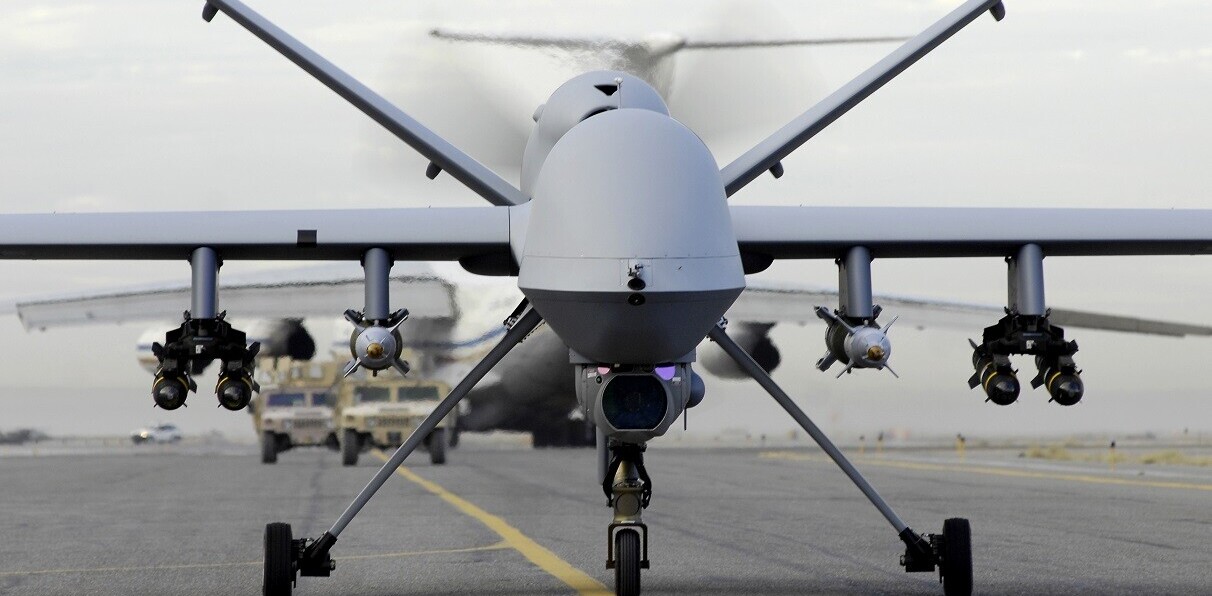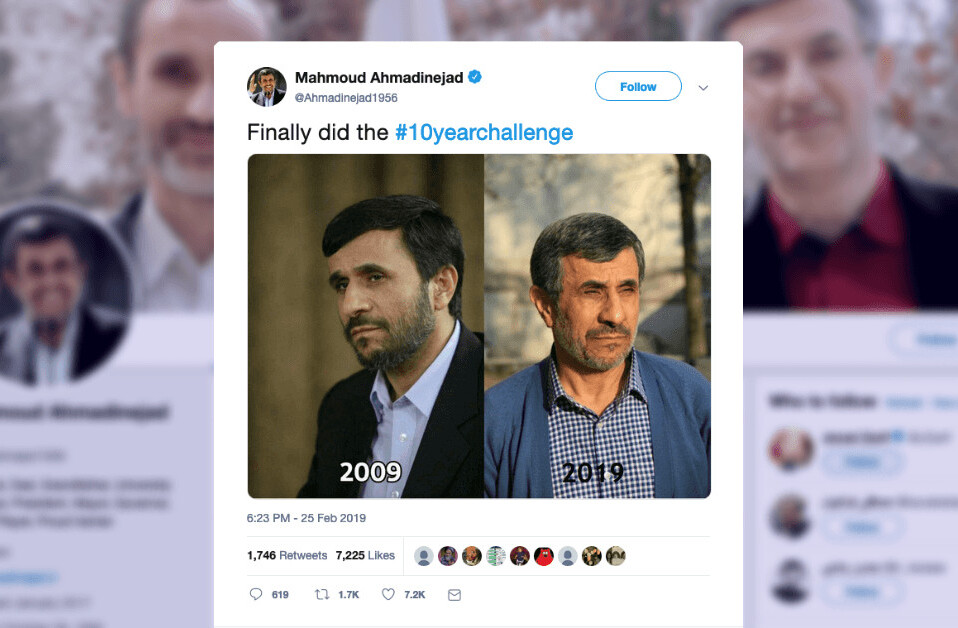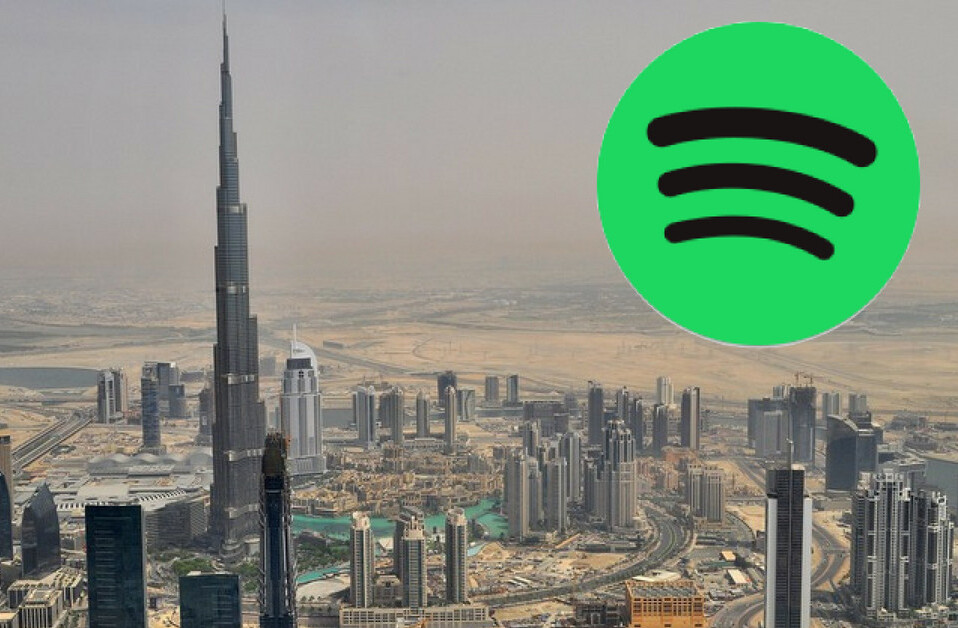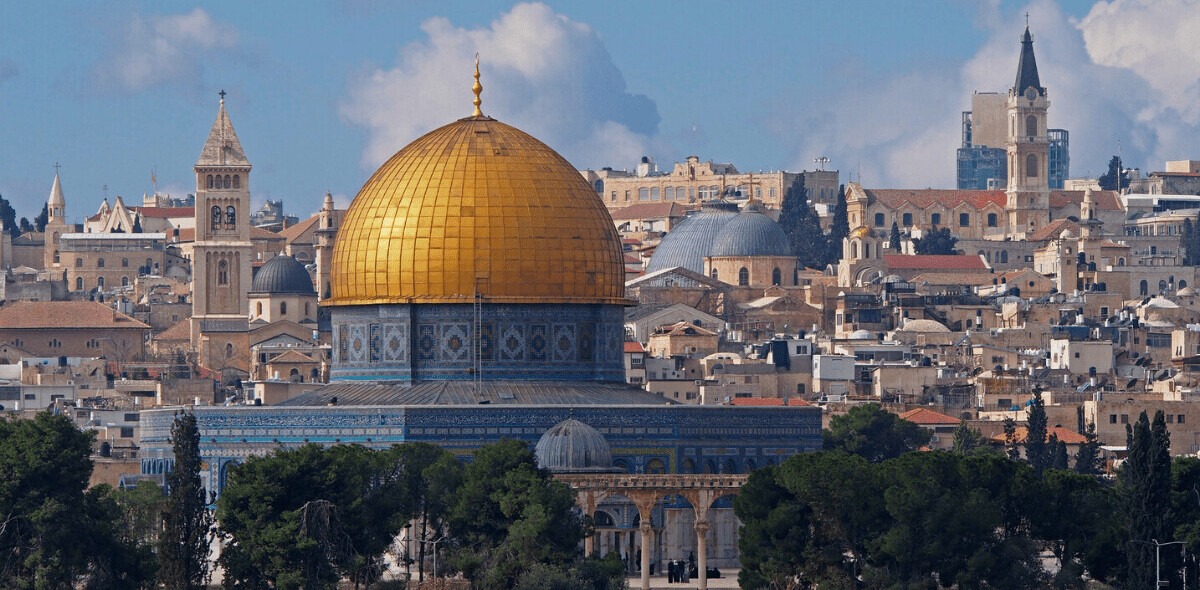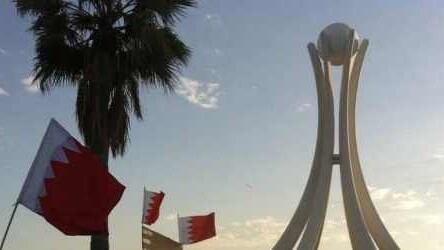
Livestation, launched in 2008, gives users an easy way to keep up with major news channels including Al Jazeera, BBC and CNN, from their computers, or on the go using the iPhone app or mobile site.
Livestation seems to be earning itself a reputation as the go-to site for opposition groups in the Middle East who want to provide users with an alternative to state-run media.
Much has been made of the Internet’s role in the Arab spring, but the site’s role has largely gone unnoticed. Aside from Al Jazeera, Livestation hosts two channels of great significance to the region. Libya TV, based in Qatar, is described on Livestation as “the first independent satellite channel broadcasting news and commentary about Libya for a Libyan audience with the aim of countering state propaganda and promoting dialogue.” Libya TV is now joined by the London based Bahraini channel, LuaLua TV, launched a couple of days ago.
LuaLua (which literally means pearl) takes its name from the roundabout that was witness to the first protests in Bahrain in February of this year, until it was destroyed by the government barely one month later. A Bahraini expat living in London, Yasser El Sayegh chose the name for what he originally envisioned as a satellite channel, which he intended to use as a platform to broadcast a balanced and fair view of current affairs, exploring both governmental and opposition opinions.
The satellite channel’s broadcast didn’t last more than five hours, when its signal was quickly jammed. The jamming was located by Eutelsat as coming from Bahrain itself.

The Next Web spoke to LuaLua’s Director, Yasser Al Sayegh, about the station.
NM: Why did you feel the need to launch LuaLua TV station?
Yasser El Sayegh: Bahrain needs an alternative media source, desperately, because at the moment people receive all their information from the state run media. Free speech is vital for any democratic society and unfortunately we don’t have this in Bahrain. LuaLua TV is what the people have been crying out for – an alternative narrative.
What has led to the need for using Livestation as a way to broadcast?
YS: Well it’s two fold. Obviously it’s partly about wanting to get as much exposure as possible and given that more and more people are watching news online it was something we always wanted to do. Livestation have a great reputation for their work and became more prominent during the Arab Spring.
But also, and equally as importantly, we’ve been jammed and can no longer broadcast via satellite. We have had too much interference from an unknown source inside Bahrain that we have been forced to move quickly on the Internet. It is much harder, although of course not impossible, to stop an online streaming service.
How do you think using an online solution like Livestation as opposed to a satellite channel will affect your reach?
YS: In a very big way. Most homes, even in Bahrain, have the Internet and so anyone can log on and watch. It gives us huge potential to reach more people, not to mention the iPhone app that Livestation are developing for us. So people don’t even have to be at home to watch us. They can be travelling, at work, or anywhere else and we will be accessible.
Get the TNW newsletter
Get the most important tech news in your inbox each week.

